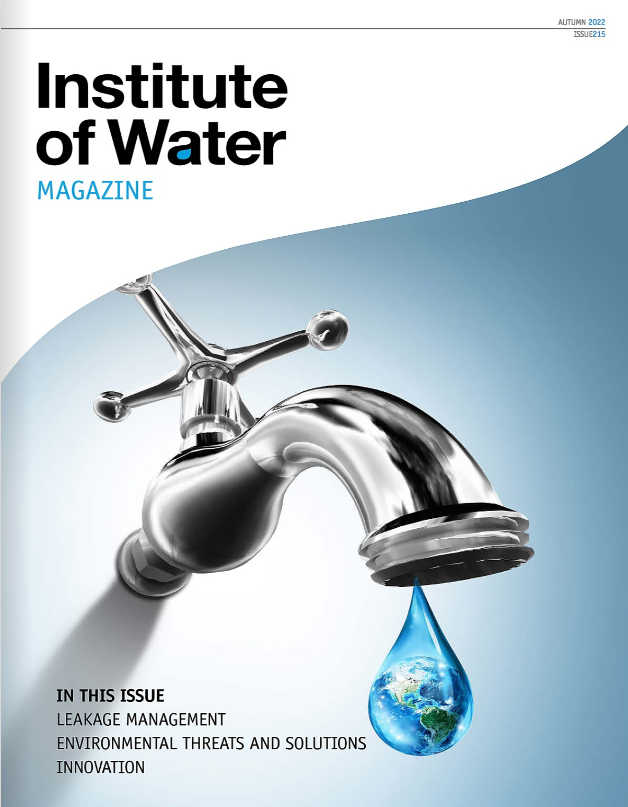The growing importance of data quality and instrumentation maintenance
Posted: 12th October 2022

Fix on fail solutions for monitoring equipment are no longer an option for the water sector.
The increasing volume of data water companies produce every day is becoming ever more important as we move towards an era of open data and the digital transformation of the industry gathers pace.
As the data collected is increasingly used for regulatory purposes, to inform the public and to drive machine learning, the maintenance of the instrumentation and the accuracy of the data produced is more vital than ever. This data has always been important but as the recent annual publication of event duration monitoring data (EDM) showed, the number and duration of spills from storm overflows is shared widely and influences public opinion.
The amount of data published and available for public scrutiny is set to further increase with the publishing of flow to full treatment data from 2026 under the current U_MON4 programme. Water quality data must also be published in future under Section 82 of the Environment Act. Both these requirements will place a duty on water companies to monitor water quality upstream and downstream of storm overflows.
The challenge is that without quality standards sitting behind the data, inadvertent errors can creep in, which means the published data can be misleading.
This is particularly the case where a fix on fail approach is taken with monitoring equipment. This was the situation with wastewater flow monitoring before the introduction of the Monitoring Certification System (MCERTS) in 2006.
Before this certification system was introduced, the data being collected and used for monitoring compliance with dry weather flow permits and deciding the need for growth schemes was of a poor quality. With improved monitoring and an improved definition of dry weather flow, the investment in growth schemes can be more readily evidenced and justified. This is something the industry is going through once again with the introduction of monitoring for spills to storm tanks and the flow measurement of flow to full treatment.
The introduction of MCERTS required an installation inspection to measure the level of accuracy and imposed a duty, in between inspections, to ensure the data being collected is accurate by introducing management systems.
MCERTS put a duty on water companies to check and verify the data being collected to ensure it is accurate. Tasks must be undertaken on each site to ensure the monitoring equipment being used has been checked using both electronic verification techniques and physical techniques with traceable equipment, such as a simple traceable ruler on a small flume installation.
Simple verification checks of instrumentation mean the level of uncertainty associated with the data is known and the quality of that data can be quantified and guaranteed.
Maintaining instrumentation in this way gives the regulator or the public confidence that the data being reported is accurate and can be trusted.
This maintenance of instrumentation is vitally important for the quality of the data it produces. Its importance is only going to increase as the water industry moves into an era of digital water, where the data collected is used for more advanced techniques such as machine learning and Digital Twins.
William Mellin of the US Army coined the phrase Garbage In Garbage Out in the 1950s. This is particularly appropriate in the modern water industry. If data collected from equipment that has not been maintained or verified is used for more and more advanced tasks, including training a machine learning system, it will naturally result in errors creeping in and mistakes being made.
Z-Tech serves the UK water utilities with a wide range of electrical, control and instrumentation (EC&I) planned and reactive maintenance services.
With highly qualified and trained teams, passionate about solving problems, Z-Tech is ready to hit the ground running with the very best tools and equipment. Mobile calibration teams tackle larger scale planned maintenance programmes of work.
Z-One software tools are used by many of Z-Tech’s customers to manage multi-contractor workflow, asset data and reporting on tens of thousands of critical infrastructure assets.
